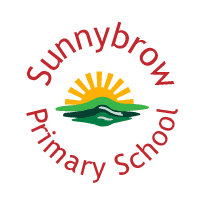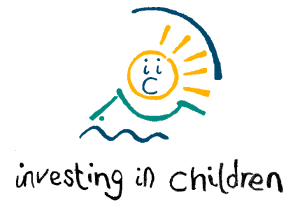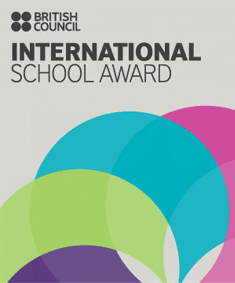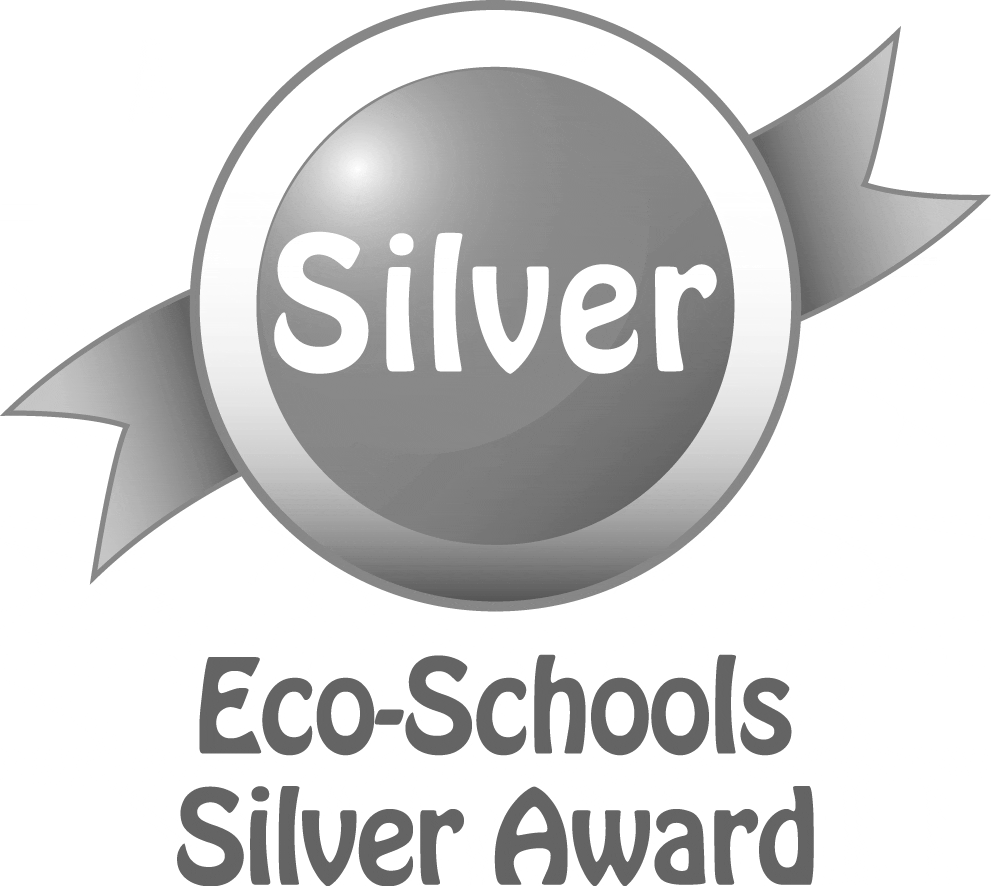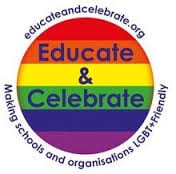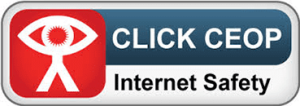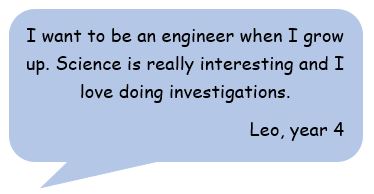
What is Science?
Along with English and maths, science remains one of the main core subjects. It can be one of the most exciting and practical subjects and, as a result, is a real joy to teach and learn. Children love the chance to learn through being totally hands-on and finding things out for themselves — the perfect way to understand the world around them. A positive primary science experience is also key to encouraging future generations to not only study this at secondary school, but also potentially to follow it as a career.
Our Vision & Intent for Science
At Sunnybrow Primary school, we strive to empower our pupils to exceed and to help us achieve this we have structured our curriculum around the principle of the ordinary to the extraordinary. Science has changed our lives and is vital to the world’s future prosperity, and all pupils should be taught essential aspects of the knowledge, methods, processes and uses of science. We intend to provide a high-quality science education that enables our children to access the foundations for understanding the world (and the seemingly ordinary phenomena and its extraordinary impact) through the specific disciplines of biology, chemistry and physics. Through building up a body of key foundational knowledge and concepts, pupils will be encouraged to recognise the power of rational explanation and develop a sense of excitement and curiosity about natural phenomena. They will be encouraged to understand how science can be used to explain what is occurring, predict how things will behave, and analyse causes.
At the heart of our Science Curriculum is scientific investigation. Working Scientifically’ is embedded within all areas of science, focusing on the key features of scientific enquiry, so that pupils learn to use a variety of approaches to answer relevant scientific questions. These types of scientific enquiry include: observing over time; pattern seeking; identifying, classifying and grouping; comparative and fair testing (controlled investigations); and researching using secondary sources. Pupils are encouraged to answer questions through collecting, analysing and presenting data.
The national curriculum for science aims to ensure that all pupils:
- develop scientific knowledge and conceptual understanding through the specific disciplines of biology, chemistry and physics.
- develop understanding of the nature, processes and methods of science through different types of science enquiries that help them to answer scientific questions about the world around them.
- are equipped with the scientific knowledge required to understand the uses and implications of science, today and for the future
We have produced our own set of ‘end-of-year’ expectations for where we intend children will be at the end of each academic year.
Implementation
Science lessons take place every 2 weeks over the course of one afternoon. We find that spending a full afternoon on science allows plenty of time for investigations and thorough exploration of topics. Children are provided with opportunities to revisit their science learning during the following week, through recapping key concepts or vocabulary in our daily 5 ‘sticky knowledge’ quizzes.
As we teach mixed age year groups, topics from the National Curriculum are taught across two cycles. Topics that are repeated in both year groups (such as animals, including humans) are taught together to give children an in-depth understanding of how these elements of science are linked together. Topics that involve using our surrounding environment (such as plants) are taught in terms when the weather is most suitable. In class 2 and 3, some topics are interwoven throughout the year so children are given an opportunity to observe changes over time. As a school, we make regular use of the school grounds (including the school field) and the local area throughout the year. We recognise that our surroundings offer a rich resource which can be used to inspire children and meet the requirements of the EYFS framework and National Curriculum Progression of Skills.
‘Key concepts’ are identified at the start of each topic. Each cycle starts with an assessment of prior knowledge. This allows teachers to identify gaps in learning and misconceptions. Teachers use a ‘cumulative quizzing’ approach within lessons to revisit the key concepts and support the development of ‘sticky knowledge’.
Class 1
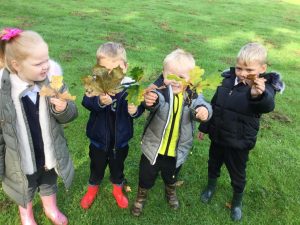
Science in Early Years is covered in the ‘Understanding of the World’ area of the EYFS curriculum. Science is introduced to children through engaging activities that encourage them to observe, explore, predict, ask questions and talk about the world around them. Through science, children develop their communication and language through asking ‘why’ questions and make progress with their personal, social and emotional development.
Class 2
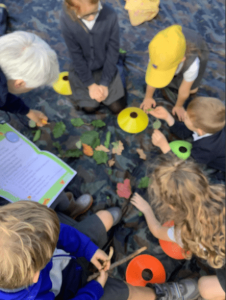
In Key Stage 1, children begin to experience and observe phenomena, looking more closely at the natural and humanly constructed world around them. Most learning in KS1 is conducted through first-hand, practical experiences, whilst also exploring books, photographs and videos. Children conduct enquiries using scientific methods, processes and skills:
- asking simple questions and recognising that they can be answered in different ways,
- observing closely, using simple equipment,
- performing simple tests,
- identifying and classifying,
- using their observations and ideas to suggest answers to questions,
- gathering and recording data to help in answering questions.
Class 3
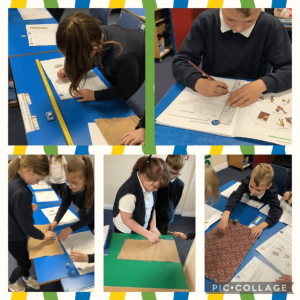 In lower key stage 2, the main focus of science is to enable pupils to broaden their scientific view of the world around them. They do this through exploring, talking about, testing and developing ideas about everyday phenomena and the relationships between living things and familiar environments, and by beginning to develop their ideas about functions, relationships and interactions. Children conduct enquiries using scientific methods, processes and skills:
In lower key stage 2, the main focus of science is to enable pupils to broaden their scientific view of the world around them. They do this through exploring, talking about, testing and developing ideas about everyday phenomena and the relationships between living things and familiar environments, and by beginning to develop their ideas about functions, relationships and interactions. Children conduct enquiries using scientific methods, processes and skills:
- asking relevant questions and using different types of scientific enquiries to answer them
- setting up simple practical enquiries, comparative and fair tests
- making systematic and careful observations and, where appropriate, taking accurate measurements using standard units, using a range of equipment, including thermometers and data loggers
- gathering, recording, classifying and presenting data in a variety of ways to help in answering questions,
- recording findings using simple scientific language, drawings, labelled diagrams, keys, bar charts, and tables,
- reporting on findings from enquiries, including oral and written explanations, displays or presentations of results and conclusions,
- using results to draw simple conclusions, make predictions for new values, suggest improvements and raise further questions,
- identifying differences, similarities or changes related to simple scientific ideas and processes,
- using straightforward scientific evidence to answer questions or to support their findings.
Class 4
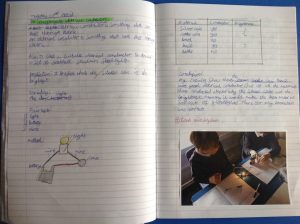 In upper key stage 2, the focus of science teaching is to support pupils in developing a deeper understanding of a wide range of scientific ideas. They do so through exploring and talking about their ideas; asking their own questions about scientific phenomena; and analysing functions, relationships and interactions more systematically. At upper key stage 2, children encounter more abstract ideas and begin to recognise how these ideas help them to understand and predict how the world operates. Pupils also begin to recognise that scientific ideas change and develop over time. Children will conduct enquiries using scientific methods, processes and skills:
In upper key stage 2, the focus of science teaching is to support pupils in developing a deeper understanding of a wide range of scientific ideas. They do so through exploring and talking about their ideas; asking their own questions about scientific phenomena; and analysing functions, relationships and interactions more systematically. At upper key stage 2, children encounter more abstract ideas and begin to recognise how these ideas help them to understand and predict how the world operates. Pupils also begin to recognise that scientific ideas change and develop over time. Children will conduct enquiries using scientific methods, processes and skills:
- planning different types of scientific enquiries to answer questions, including r
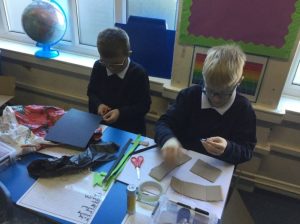 ecognising and controlling variables where necessary,
ecognising and controlling variables where necessary, - taking measurements, using a range of scientific equipment, with increasing accuracy and precision, taking repeat readings when appropriate,
- recording data and results of increasing complexity using scientific diagrams and labels, classification keys, tables, scatter graphs, bar and line graphs,
- using test results to make predictions to set up further comparative and fair tests,
- reporting and presenting findings from enquiries, including conclusions, causal relationships and explanations of and a degree of trust in results, in oral and written forms such as displays and other presentations,
- identifying scientific evidence that has been used to support or refute ideas or arguments.
Scientific Enquiry
When studying science, children engage in different types of scientific enquiry:
- comparative / fair testing
- research
- observation over time
- pattern seeking
- identifying, grouping and classifying
- problem solving
Each class have the scientific enquiry stickers displayed in their classrooms. The enquiry stickers are also used in conjunction with learning objectives in books/floor books, ensuring children are confident in the type of enquiry they are engaging in.
Impact of our Science Curriculum
Science is monitored through lesson observations, book scrutinies and termly teacher assessments. Pupil voice is heard through interviews and questionnaires conducted throughout the year to evaluate the effectiveness of the curriculum and understand which techniques are found to be the most effective and enjoyable for children.
There is evidence of a range of activities in our books. In KS1, learning is evidenced through the use of floor books. These may contain pictures of children working or conducting investigations as well as written or independent work completed by children.
In KS2, children use a combination of floor books and personal science books. In floor books, evidence of scientific investigations and pictures of children working can be found to demonstrate the learning that has taken place. In LKS2, diagrams and written explanations can be found in children’s books. Children may display findings from investigations in different ways such as tables, bar charts and line graphs (with support). In UKS2, children’s books show diagrams, written explanations and written investigations with predictions. Results may be displayed in tables, written conclusions and a range of graphs/charts.
Oral and written feedback is regularly provided to children. Through using floor books consistently across the school, this allows for a creative and flexible approach to the recording of science. It allows pupils to take a greater ownership of their learning during the lesson and ensures that the focus remains on science. We find this allows children who have difficulty recording written work to display their scientific knowledge, skills and understanding effectively.
Formative assessment is evident throughout topics, with key questioning taking place every lesson to ensure understanding of key concepts is checked. Teacher assessment is recorded in a working document where children are assessed as working towards, achieved or mastery for key objectives in each topic, as well as working scientifically skills.
Due to our engaging and hands-on curriculum at Sunnybrow, children gain the foundations and knowledge for understanding the world around them. Through the topics we cover and extracurricular opportunities, children understand that science has and continues to change our lives, and that it is vital for our futures. Children discover the possibilities for careers in science and the relevance it has in their lives through lessons and extra-curricular opportunities. We hope to become more involved in the science community and invite guest speakers into school, as well as teachers from local secondary schools to further emphasise the possibilities within science.
Through hearing pupil voice, it’s clear that children are engaged in and enjoy science lessons. They enjoy exploring the world around them and understanding new and interesting concepts. Children are eager to learn and particularly enjoy coming off timetable for different science events when possible.
Science Planning Documents
Whole School Science Long Term Plan
Science End-of-year expectations
Science Small Steps of Knowledge & Key Vocabulary
